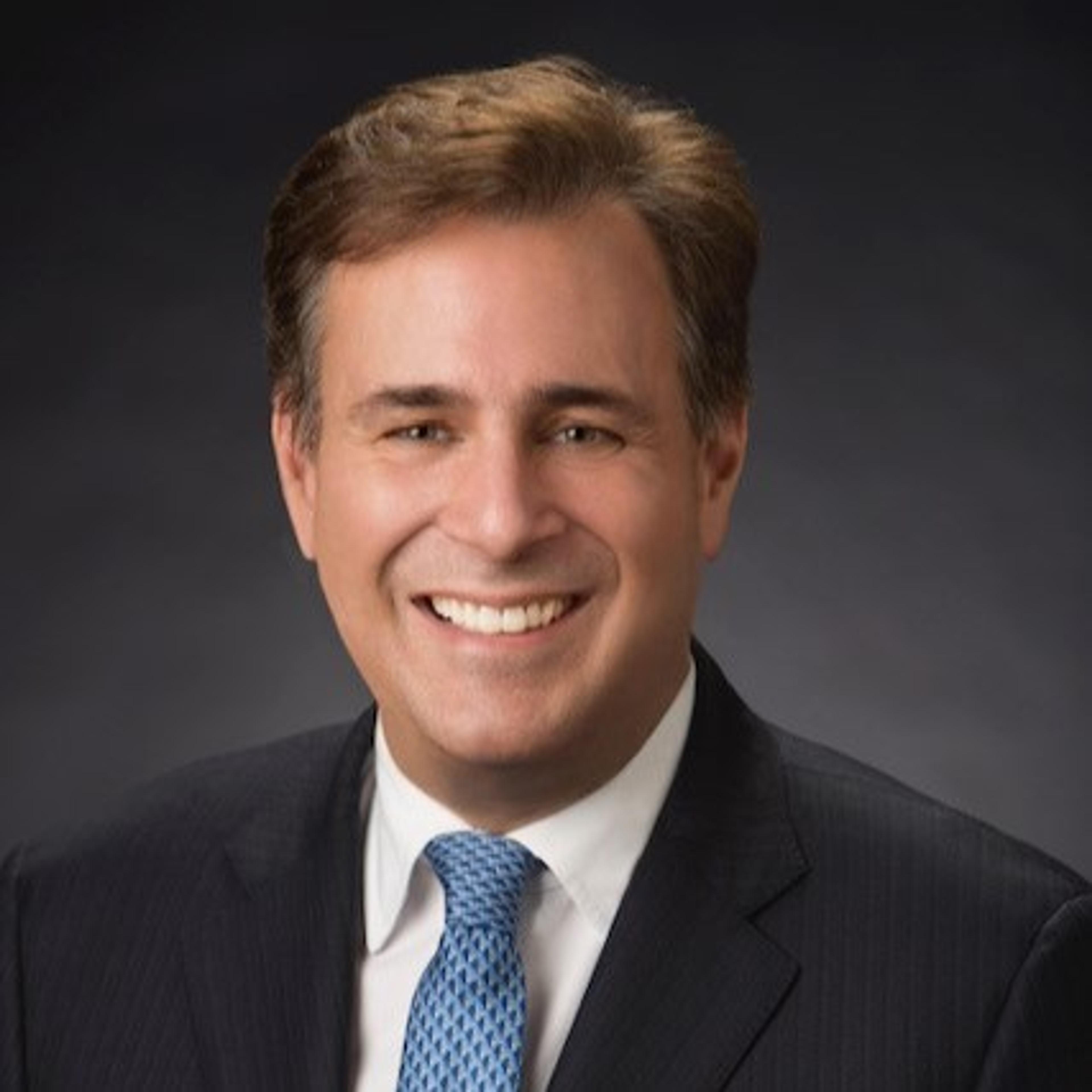The Real Scoop on Colonoscopies

Dr. James Grant
| 3 min read

It’s one of those topics people avoid talking about. But the fact is, colonoscopies save lives. A colonoscopy is the best tool to screen for colorectal cancer – a cancer that is steadily increasing each year in people younger than 50.
There are many misconceptions about colonoscopies, and the thought of a colonoscopy makes many people nervous, or embarrassed. So it’s time to bust some myths and clear the confusion around this very important exam.
Myth #1: Those with no family history of colorectal cancer and no symptoms don’t need a colonoscopy.
The fact is, people may still have signs of colorectal cancer even without symptoms or a family history. A colonoscopy is the most accurate way to detect colorectal cancers or other abnormalities of the colon and rectum.
A screening colonoscopy does two things:
- It provides a baseline from which doctors can detect any change.
- It detects cancers in their earliest stages when they can be more easily treated
If no abnormalities are detected after a first screening, and there are no symptoms or risk factors, the next screening can wait 10 years.
Myth #2: The bowel prep will be awful.
The bowel prep is very important for a good quality colonoscopy. The more complete the prep, the better the exam, because the doctor can clearly see the details of the colon and rectum, and whether there are any abnormalities or growths (polyps). An incomplete prep leads to an inadequate exam.
The good news is that the bowel prep process and prep solutions have improved greatly over the years. Following the dietary guidelines a few days before the colonoscopy also makes the process much easier.
For most people, there’s minimal discomfort.
Myth #3: The anesthesia will be awful.
In the great majority of cases, an anesthesiologist and/or nurse anesthetist will use deep sedation. This form of anesthesia is lighter than general anesthesia. It is safe, works quickly, and most patients will be awake shortly after the procedure is over.
The modern drugs used by the anesthesia team usually have patients clear headed and wide awake, but everyone is different. Some people may be a little drowsy and will take longer to return to baseline. Patients who have had an anesthetic will need to have someone drive them home, and they should stay at home for the rest of the day. Fine judgment can be impaired, so it’s best to avoid any big decisions for several hours after the procedure.
Myth #4: It’s too expensive.
The Affordable Care Act requires compliant health plans to fully cover colorectal screening. This means health plans should cover one screening colonoscopy per year without any copay.
In some cases, growths or lesions are found, removed, and sent to the lab for testing. This changes the colonoscopy from a screening procedure to a diagnostic or therapeutic procedure, and there is potential for charges. Individuals should check their coverage with their health plan before the procedure.
So the bottom line is this: Those who are approaching age 45 or older and have not yet had a screening colonoscopy should talk with their doctor about getting one. Now is the time. Colonoscopies save lives
Blue Cross Blue Shield of Michigan and Blue Care Network will cover colorectal screenings for members beginning at age 45 to align with the recommendation of the U.S. Preventive Services Task Force.
Dr. James D. Grant, M.D., is chief medical officer at Blue Cross Blue Shield of Michigan.
Blue Cross Blue Shield of Michigan members can find more information and resources on colorectal screening at bcbsm.com/colorectal.
More from AHealthierMichigan.org:
- 8 Healthy Snacks for Pregnancy
- Know the Basics of Colorectal Cancer-and How to Prevent It
- Ignoring Your Eye Health? Ways to Get It In Focus
Photo credit: Andrey Shevchuk





